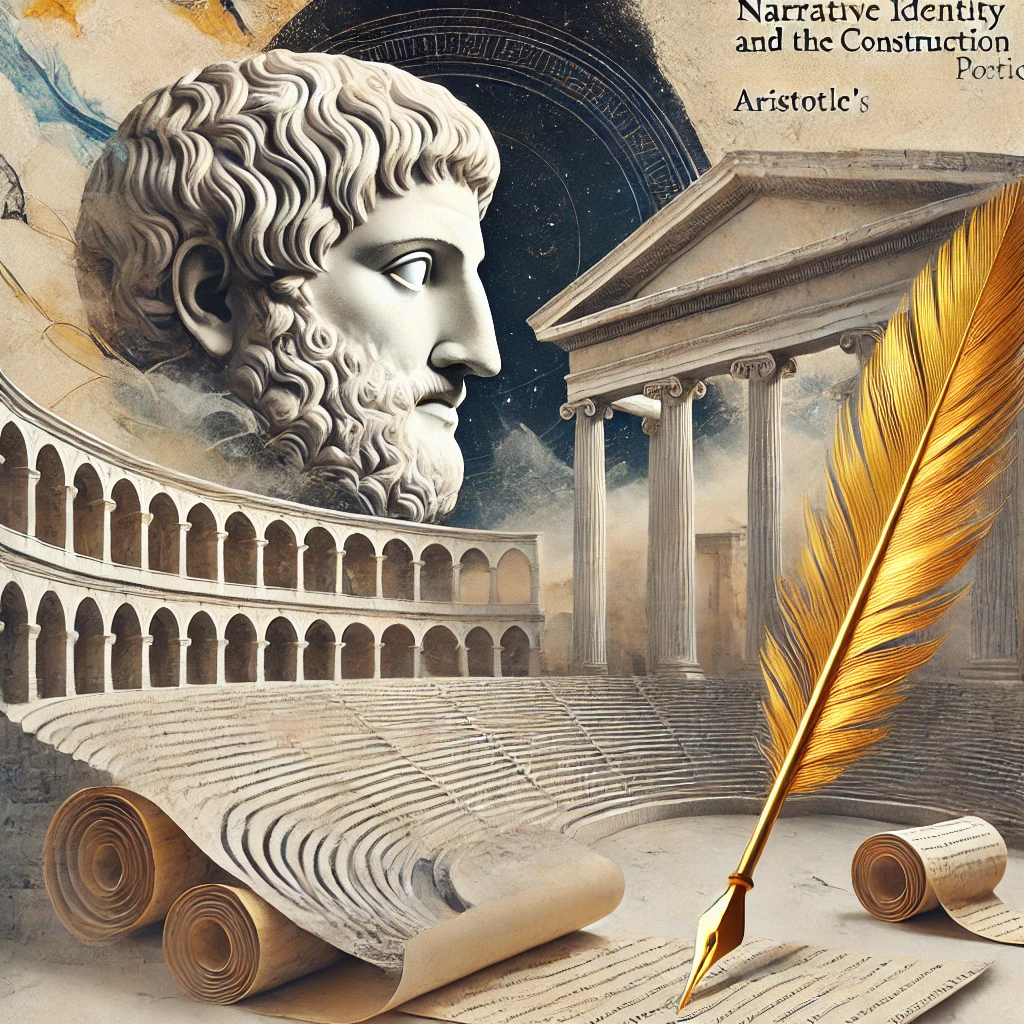Construcción de identidad narrativa y formación del carácter: una mirada a través de la Poética de Aristóteles
Article Sidebar

How to Cite
Article Details
Se solicita a los autores que diligencien el documento de cesión de derechos de autor sobre el artículo, para que sea posible su edición, publicación y distribución en cualquier medio y modalidad: medios electrónicos, CD ROM, impresos o cualquier otra forma, con fines exclusivamente científicos, educativos y culturales
- La obra pertenece a UNIMINUTO.
- Dada la naturaleza de UNIMINUTO como Institución de Educación Superior, con un modelo universitario innovador para ofrecer Educación de alta calidad, de fácil acceso, integral y flexible; para formar profesionales altamente competentes, éticamente responsables y líderes de procesos de transformación social, EL CEDENTE ha decidido ceder los derechos patrimoniales de su OBRA, que adelante se detalla para que sea explotado por ésta
- El querer de EL CEDENTE es ceder a título gratuito los derechos patrimoniales de la OBRA a UNIMINUTO con fines académicos.
Main Article Content
Abstract
The interaction of a human being with various types of narratives directly influences the construction of their character and their narrative identity. Through stories, people can understand and relate to different ways of being. Narrative is considered a manifestation of practical reason, since it requires a constant interpretation of circumstances and moral actions.
In summary, this article highlights the importance of narrative as a tool for ethical training and the construction of narrative identity. These two dimensions are intrinsically related in reflection on life and morality. Based on the reading of Aristotle's "Poetics" and supported by the approaches of Paul Ricoeur, it is demonstrated how narrative is fundamental in the construction of the idea of oneself. This is a question of vital importance in the constant reinterpretation of our way of being and in the permanent relationship with the need to exalt or appease our passions.
References
Amossy, R. (2012). Les enjeux du << déraisonnable >>: rhétorique de la persuasión et rhétorique du dissensus. En Frydman, B & Meyer, M (Ed), Chaïm Perelman: De la nouvelle rhétorique à la logique juridique (pp. 17 – 37). Paris: Presses Universitaires de France.
Aristóteles. (1993). Ética Nicomáquea. Madrid: Gredos.
Aristóteles. (1967). Poética. Madrid: Aguilar.
Cuadros, R. (2016). Sobre la Enseñabilidad de la Ética. En R. Cuadros Contreras; J. Vélez Hernández & S. Gómez Gutiérrez (Ed.), Ética y racionalidad práctica (pp. 11–29). Corporación Universitaria Minuto de Dios – UNIMINUTO.
Gadamer, H.G. (1991). Verdad y método: Fundamentación de la hermenéutica filosófica .Salamanca: Sígueme.
Mcinerny, R. (1987). La importancia de la Poética para entender la Ética de Aristóteles. Anuario Filosófico, 20(1), 85–93.
Perelman, Ch. (2012). Ethique et Droit. Bruselas: L’Université de Bruxelles.
Ricoeur, P. (2004). Tiempo y narración I. Configuración del tiempo en el relato histórico. México: Siglo XXI.
Ricoeur, P. (2006). La vida: Un relato en busca de un narrador. Ágora. Vol. 25, No 2. pp. 9–22.
Ricoeur, P. (2012). La identidad narrativa. Recuperado de https:// textosontologia.files.wordpress.com/2012/09/identidad–narrativa–paul–ricoeur.pdf
Vargas, L. (2018). Breakind Bad. Análisis ético y estético de un carácter. Bogotá: Instituto Nacional de Investigación e Innovación Social.




